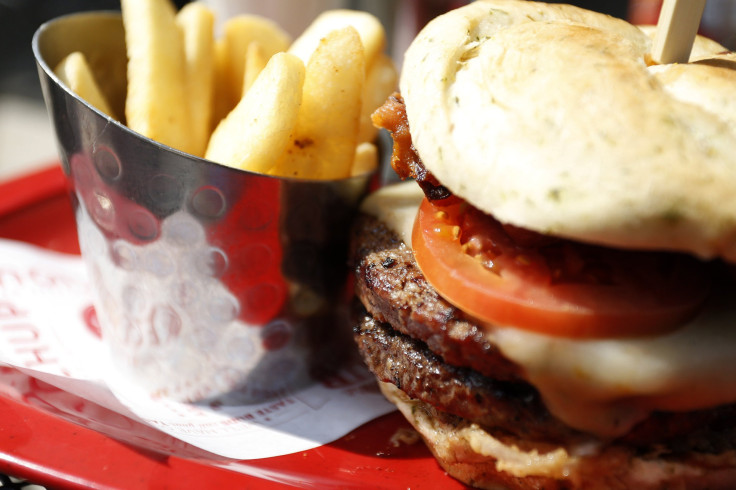Australia’s junk food problem and lack of traditional food culture worry experts; Over-processed foods displacing nutritious whole foods

Australia is slowly taking a tough stance on food manufacturers when it comes to marketing junk foods to kids. It is going for tighter regulations such as banishing confectionary and soft drinks from Victorian schools. By end of the year, it will be removing soft drinks from vending machines in all NSW hospitals.
However, the country needs to do much more. Food experts are of the opinion that in the last 30 years, Australians’ food supply has been totally hijacked by over-processed junk. Around 58 percent of food budget goes on discretionary choices. This means more people Down Under are opting for unnecessary food. These are food high in salt, added sugars, alcohol and saturated fats.
Today, it is okay to push burger boxes as everyday family meals. This is the polar opposite of fibre-rich foods and nutrients that help keep chronic diseases at bay. Junk foods make people fat and sick. While health authorities are panicking over rising cases of chronic diseases, supermarkets are openly promoting breakfast foods loaded with added sugar. There are many manufacturers who are misleading the public into believing certain foods are healthy when they are not. [READ MORE: Childhood obesity in Australia: Cartoon characters on kids’ food packaging face heat; Top brands found to be unhealthy]
The over-processed foods are not only adding to weight woes but are in fact displacing nutritious whole foods. According to Senior Adviser with the Australian Prevention Partnership Centre, Prof. Amanda Lee, the food industry in general is focusing on a food system that will bring in profits and not nurture good health. Some have pointed out that due to a lack of traditional food culture, Australians are easy pickings for convenience foods. Countries such as Italy, Spain and France still have a strong food culture where home cooked food is still the king.
“Junk food is cheap to produce and demand for it has been created by advertising and pricing ... In Australia we embrace different cuisines from other countries but don't have a strong food culture of our own - and at the beginning of European settlement the food we relied on was cheap and had a long shelf life,” Jane Martin from the Obesity Policy Coalition told The Sydney Morning Herald.





















